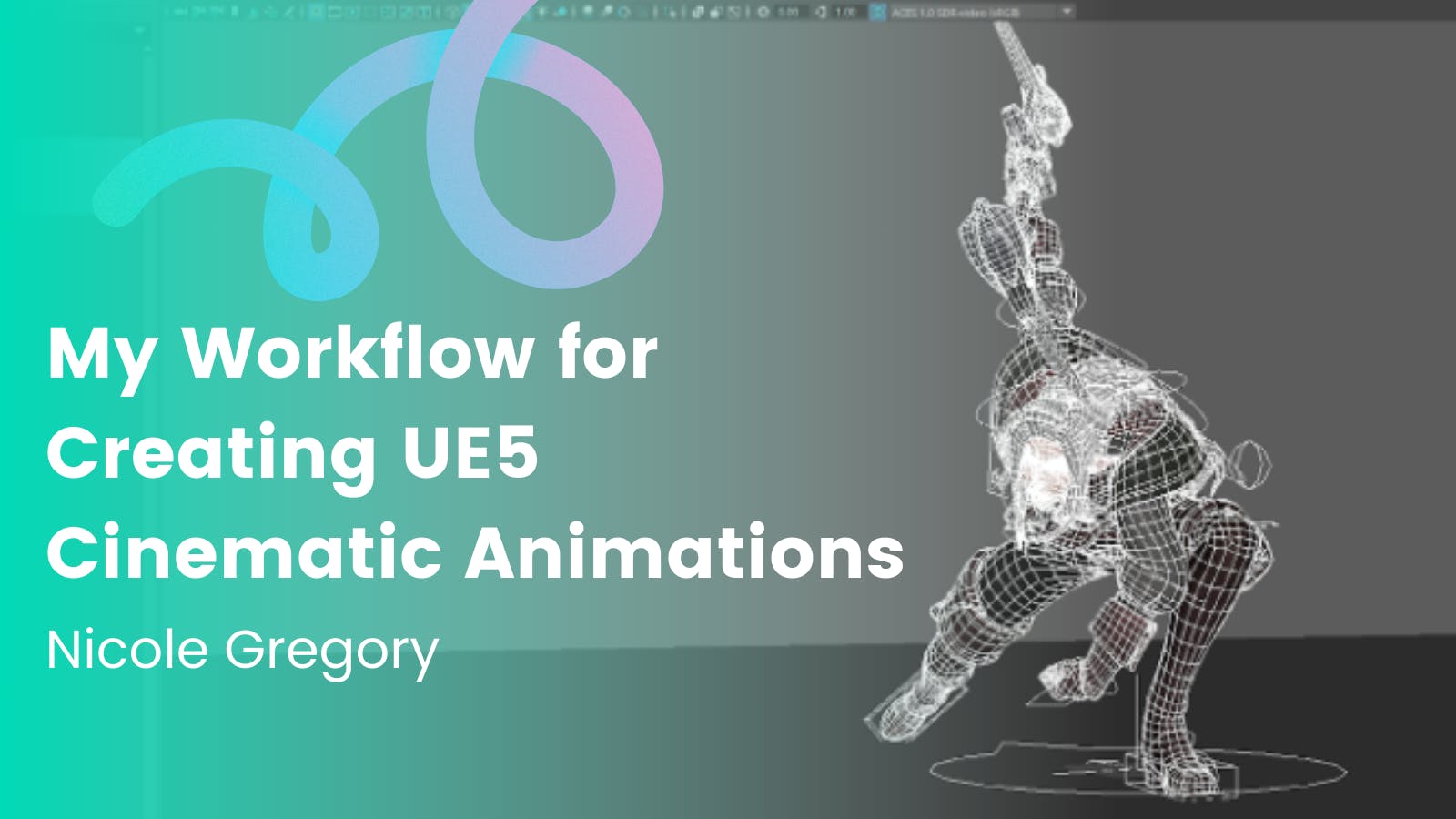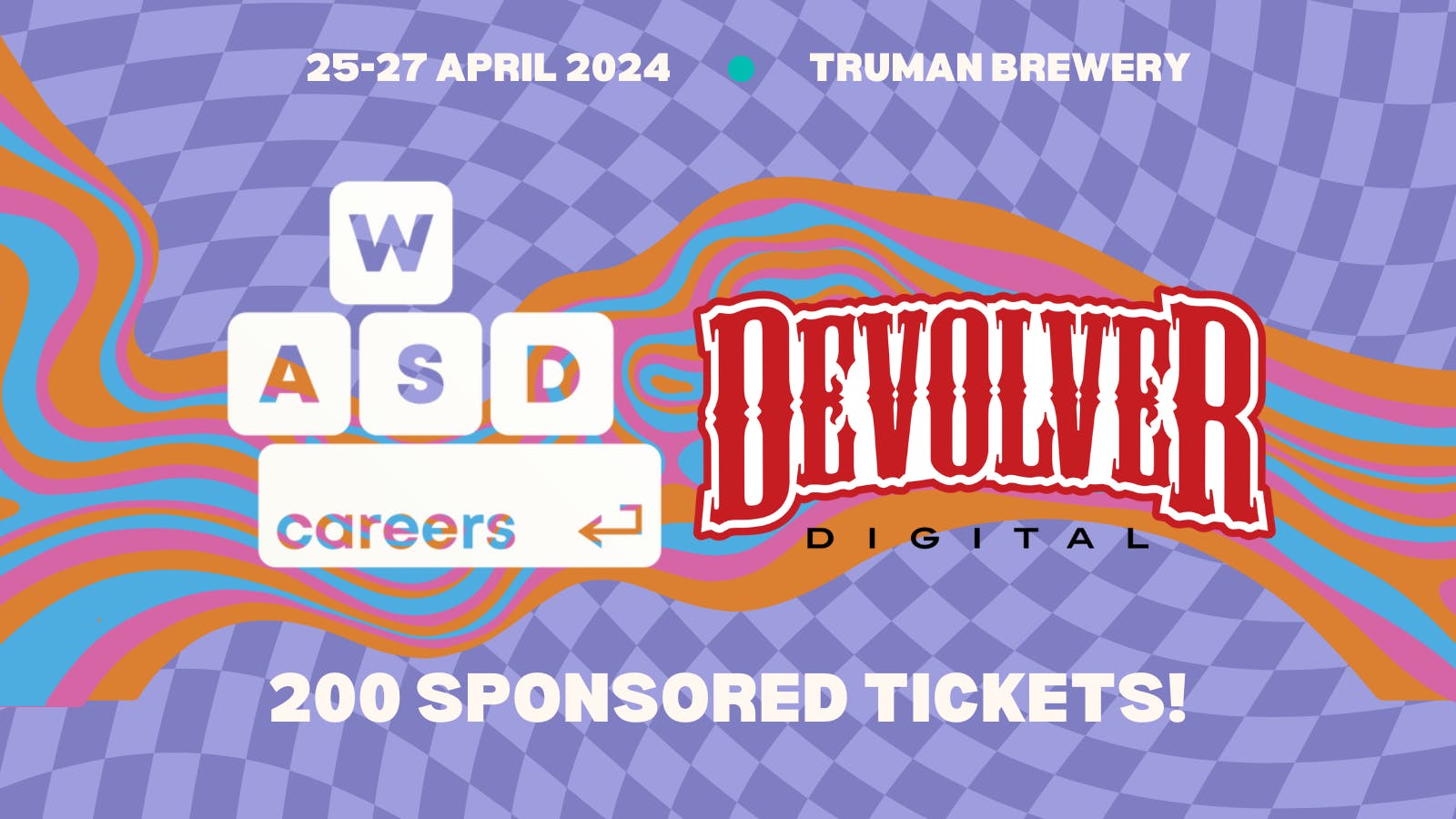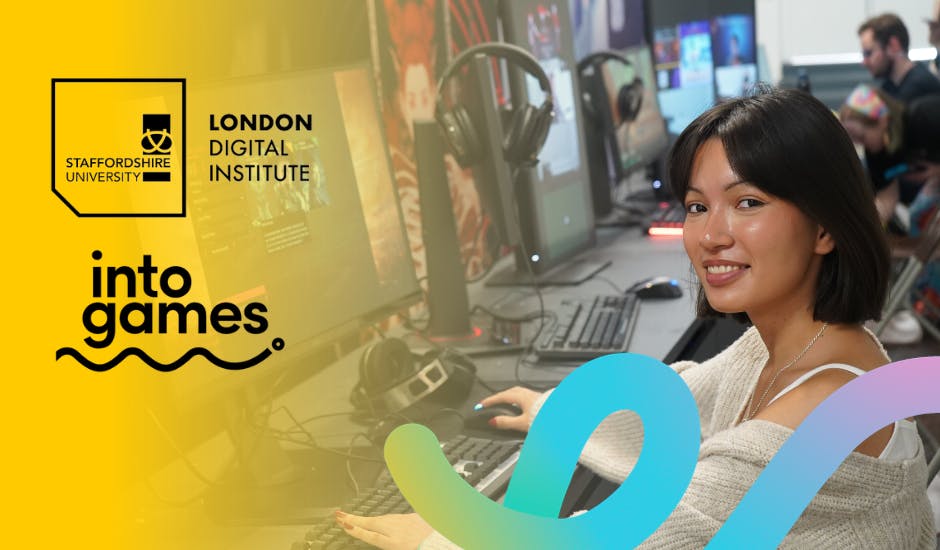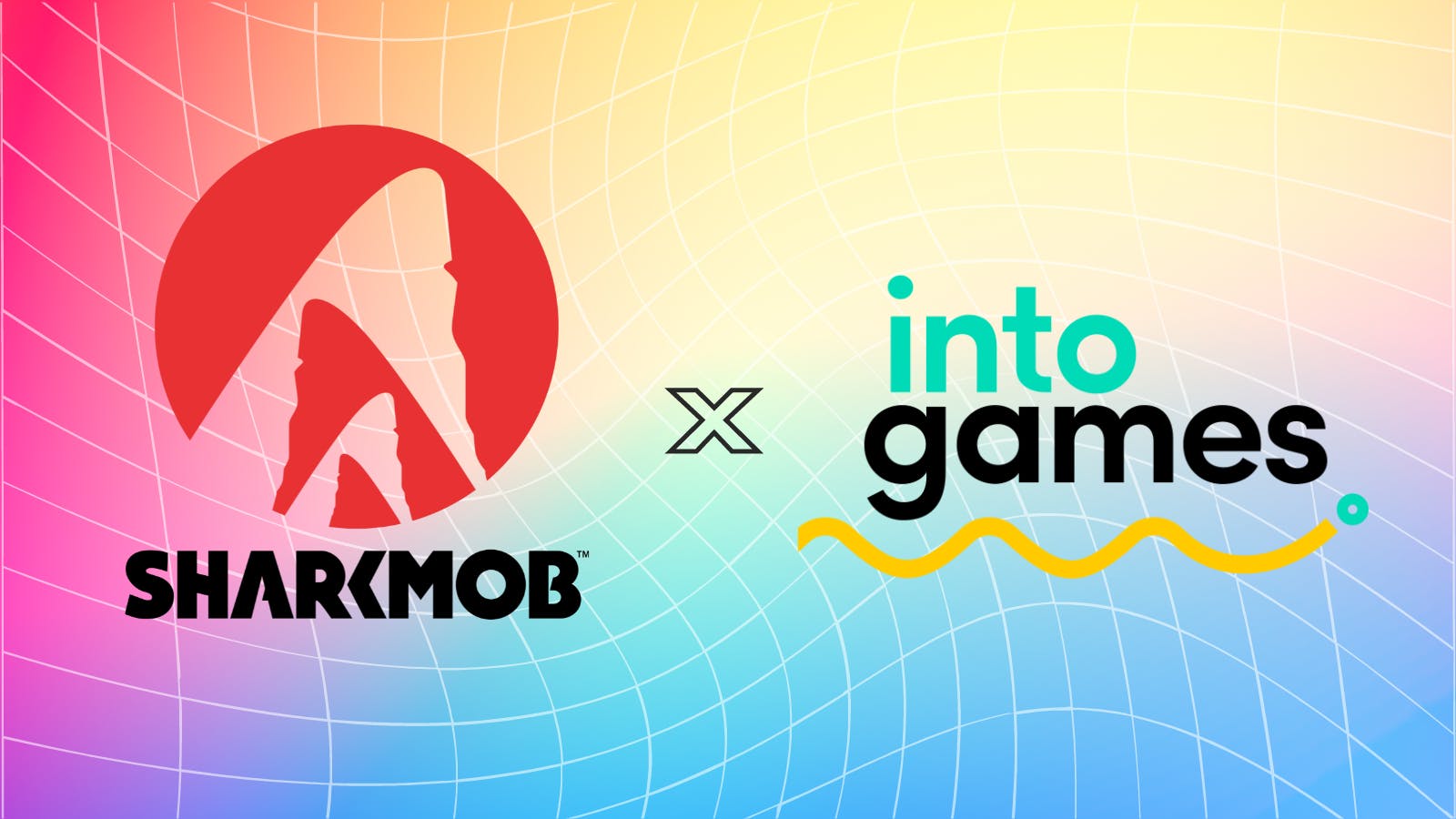YOUR LEARNING JOURNEY
Many Gameplay Programmers have a degree, which provides professional development and a recognised qualification to employers. However, there are many available pathways and all people working in games claim a unique career journey. Above all, you will need to demonstrate passion and skills in your chosen field. For this job role, you should be someone who loves designing things, creative problem solving and collaborating with others.
As a professional, you’ll be designing original challenges, objectives and obstacles for players to interact with and overcome. You will collaborate with programmers and possess knowledge of game engines like Unity and Unreal and coding languages like C++, C#, Java and Python. We recommend using our tool picker to help you choose the right ones for your current level and purpose.
Working in the games industry is highly competitive and you’ll need to make sure your portfolio (a collection of your best work) stands out to employers and course leaders.
As a Gameplay Designer, your work should present games you’ve designed, showcasing concept designs, prototypes and finished work. You should show a range of technical skills and an understanding of fundamental game-design principles. For more general ideas on developing your portfolio, see our top tips page.
Whatever role you are working in, it is essential that you understand the game making process. You can head to our build a game section for first steps; join a regular game jam to build up your skills and network; or start modding others games to gain experience.



.png?ixlib=gatsbyFP&auto=compress%2Cformat&fit=max&w=1600&h=900)


.png?ixlib=gatsbyFP&auto=compress%2Cformat&fit=max&w=1600&h=900)
.png?ixlib=gatsbyFP&auto=compress%2Cformat&fit=max&w=1600&h=900)